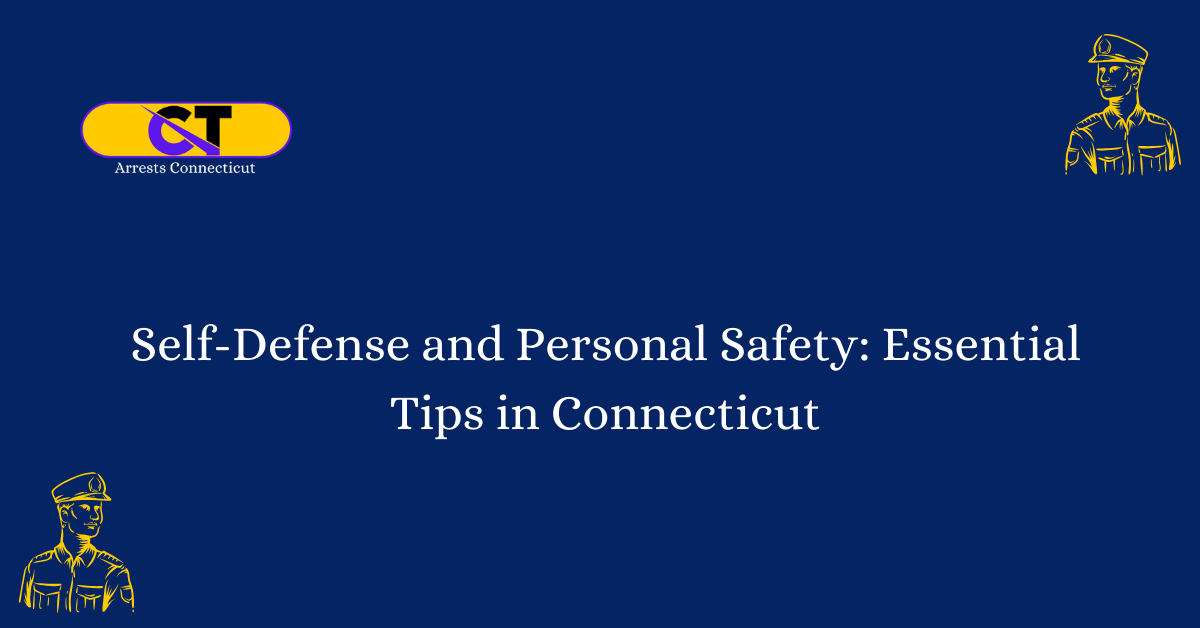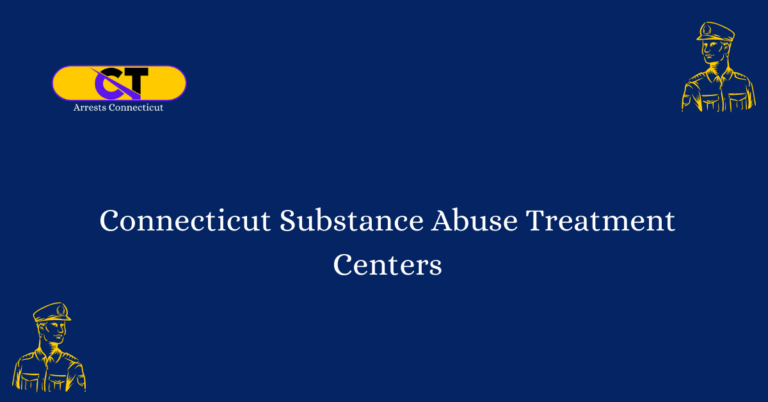Self-Defense and Personal Safety Essential Tips in Connecticut
In today’s world, personal safety is a crucial concern for everyone. Whether you’re walking down the street or at home, knowing how to protect yourself and stay safe is essential. This comprehensive guide explores self-defense and personal safety tips specifically tailored for residents of Connecticut, covering various aspects from basic strategies to legal considerations.
Self-Defense Laws in Connecticut
Before delving into self-defense techniques, it’s vital to understand the legal framework governing self-defense in Connecticut. The state follows the “Castle Doctrine,” which allows individuals to use reasonable force, including deadly force, to defend themselves or others against imminent harm in their homes or vehicles. However, it’s crucial to note that the use of force must be proportional to the threat faced, and there is a duty to retreat if safely possible outside of one’s home or vehicle.
Essential Self-Defense Tips
- Awareness and Vigilance: The first line of defense is being aware of your surroundings. Pay attention to your environment, avoid distractions like using your phone excessively while walking, and trust your instincts if something feels off.
- Basic Self-Defense Techniques: Enrolling in a self-defense class can equip you with valuable skills such as striking techniques, joint locks, and ways to escape from holds. Practice these techniques regularly to build muscle memory and confidence.
- Carry Self-Defense Tools: In Connecticut, certain non-lethal self-defense tools like pepper spray, stun guns, and tasers are legal for personal protection. However, it’s essential to familiarize yourself with their proper use and legal restrictions.
- Home Security Measures: Ensure your home is secure by installing sturdy locks, a security system, and outdoor lighting. Have a plan in place for emergencies and practice it with your family members.
- Safety in Public Places: When out in public, stay in well-lit areas, avoid isolated spots, and be cautious when interacting with strangers. Trust your intuition and be prepared to seek help if needed.
- Cyber Safety: In today’s digital age, personal safety extends to online activities. Be cautious about sharing personal information online, use strong passwords, and be aware of cyber threats like phishing scams.
Legal Considerations and Rights
While self-defense is a fundamental right, it’s essential to understand the legal implications and limitations. In Connecticut, self-defense laws require that the force used must be reasonable and necessary to defend against imminent harm. It’s crucial to avoid escalating conflicts whenever possible and seek legal assistance if faced with legal repercussions after an incident.
Community Resources and Support
Connecticut offers various resources and organizations focused on promoting personal safety and self-defense skills:
- Local Self-Defense Classes: Many communities offer self-defense classes tailored for different age groups and demographics.
- Victim Support Services: Organizations like the Connecticut Coalition Against Domestic Violence (CCADV) provide support and resources for victims of violence.
- Law Enforcement: Familiarize yourself with local law enforcement agencies and their contact information for emergency situations.
FAQs
What is self-defense?
Self-defense is a legal concept allowing individuals to protect themselves from imminent harm or threat without facing legal repercussions. It involves using reasonable force to counter an immediate danger, emphasizing the right to defend oneself or others when faced with potential harm. The degree of force deemed acceptable varies based on the perceived level of threat and the specific laws governing self-defense in a given jurisdiction.
Why is self-defense important?
Self-defense is important because it equips individuals with the knowledge and skills necessary to protect themselves and their loved ones. In today’s world, where unexpected dangers can arise, being prepared and confident in one’s ability to defend oneself is essential.
Who can benefit from self-defense training?
Self-defense training is beneficial for individuals of all ages and backgrounds. Whether you are a young adult living in the city or a parent in the suburbs, acquiring self-defense skills can provide you with a sense of security and empower you to handle potentially dangerous situations.
What will I learn in self-defense training?
In self-defense training, you will learn a range of techniques and strategies to protect yourself. This may include basic moves such as punches and kicks, as well as more advanced techniques like grappling and weapon defense. Additionally, you will develop situational awareness and learn how to assess and respond to potential threats.
How can self-defense training benefit me in everyday life?
Self-defense training goes beyond physical techniques. It also helps improve mental and emotional resilience, boosts confidence and self-esteem, and promotes overall personal safety. The skills and knowledge gained from self-defense training can be applied to various aspects of life, enhancing your overall well-being and peace of mind.
Why should I choose your center for self-defense training?
The self-defense training center stands out for its comprehensive approach, combining traditional martial arts with modern techniques. We prioritize personalized instruction, ensuring that learners of all levels acquire practical skills for real-world situations. With a focus on empowerment and situational awareness, choosing our center guarantees a well-rounded and effective self-defense experience.
Conclusion
In conclusion, prioritizing self-defense and personal safety is paramount in today’s world. By being aware, prepared, and knowledgeable about self-defense techniques, legal considerations, and community resources, individuals in Connecticut can enhance their safety and well-being. Remember, proactive measures and a mindset of empowerment are key elements in staying safe in various situations.







